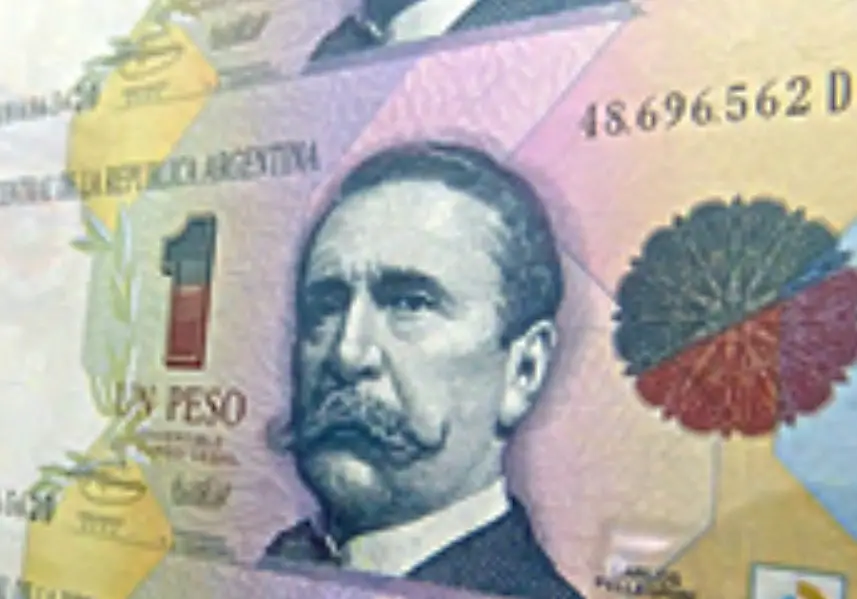A new Reuters poll of economists finds most feel the Argentinian peso is at risk of undergoing another devaluation following the Presidential election in October, as well as a potential second round of voting in November.
As part of an agreement the government entered into with the International Monetary Fund (IMF), following a key primary vote, the Peronist government depreciated the benchmark official exchange rate by almost 18%, pegging it at 350 per dollar.
However according to the median estimate of 19 economists Reuters polled between September 1st and 5th, it is expected it will trade at 419.8 per dollar within three months. This would imply that in the wake of the October 22nd vote, and a potential second round of voting November 19th, the currency will devalue 16.6%.
A single respondent saw the peso remain almost unchanged at 355 per dollar over the period. However all of the other economists surveyed saw the currency breaking the peg, with the extent of the breakage ranging from 383.8 to a forecast of 700 per dollar from Goldman Sachs.
Lorenzo Sigaut Gravina, research director at Equilibra said, “Pegging the official exchange rate is complex because inflation will have eroded any competitiveness gains obtained with the devaluation after the primaries.”
He added, “That is why, following a few weeks of calm, we expect a significant adjustment in the official exchange rate towards the end of the year … the IMF will demand another correction to make new disbursements.”
The peso is forecast to weaken 65%, trading at 1,004 per dollar in twelve months. In parallel markets where the currency trades freely, the peso is already trading close to that level, at around 720, marking an almost 100% spread above the official rate.
The President, Alberto Fernandez, and the choice of the Peronists to replace him, Economy Minister Sergio Massa, have blamed the economic woes of the nation on a range of factors, including a drought this year, opposition tactics, and corporate greed.
However the primary political contenders for the Presidency, Javier Milei and Patricia Bulllrich, who represent parties which left the Peronists in third place in the primary, have said the nation’s economic problems come down to excessive spending and the printing of money by the central bank.
Gabriel Caamaño, managing partner at Consultora Ledesma, said, “The government will have to devalue again because it’s running out of gas – whether it’s after the presidential vote or the second round, that will depend on the results.”
For the year so far, the Argentinian peso has fallen 50%. Over the same period, the Brazilian real is up 6.4%, and the Mexican peso has risen almost 12%.
A year from now it is expected the real will be trading at 5.03 per dollar, which would mark a 1.2% decline in its value from Tuesday. It is forecast the Mexican peso will lose about 2.3% over the same period, trading at 17.84 per dollar.

